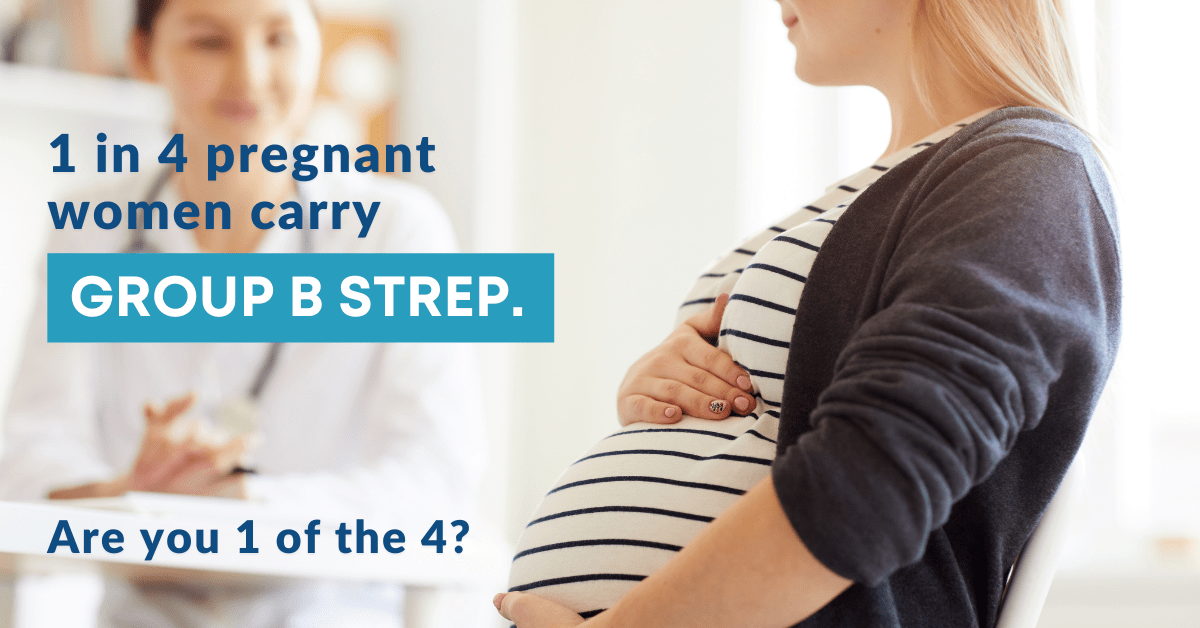A prenatal precaution to protect your baby
Group B Strep is common in adults but could create health risks if passed onto newborns
Group B strep (GBS) bacterium is commonly found in the human body and is typically harmless to adults. In women, the bacteria commonly live in both the digestive tract and in parts of the reproductive system. Occasionally, the bacteria can invade systems where it does not belong and cause serious infection. During labor, the presence of GBS bacteria poses a serious risk to newborns and could cause life-threatening diseases like meningitis, pneumonia, or sepsis if transmitted from the mother to the child. Newborns are most likely to become ill from GBS exposure within their first three months of life.
Protecting your baby from infection caused by GBS exposure
Most GBS infections can be prevented; however, pregnant women can carry GBS bacteria and not know it. Screening is the only way to know if an expectant mother has group B strep. Amberwell providers, both at our Atchison and Hiawatha locations, test pregnant women for GBS bacteria when the women are 36 through 37 weeks along. It’s a simple, painless test that helps providers prepare preventative measures to protect newborns from exposure to GBS bacteria during delivery.
If the GBS test result indicates that an expectant mother has GBS bacteria in her system, her provider will give her antibiotics through an IV during labor. This treatment greatly reduces the likelihood of the baby contracting GBS disease in early infancy.
Keeping your baby safe throughout pregnancy, delivery—and beyond
Talk to your Amberwell primary care provider if you have questions about GBS. Our teams in Atchison and Hiawatha are here to keep you and your baby safe throughout each step of prenatal care, delivery, and after. Precautions like the GBS test are important tools our providers use to ensure your baby has a safe and healthy entry into the world.

